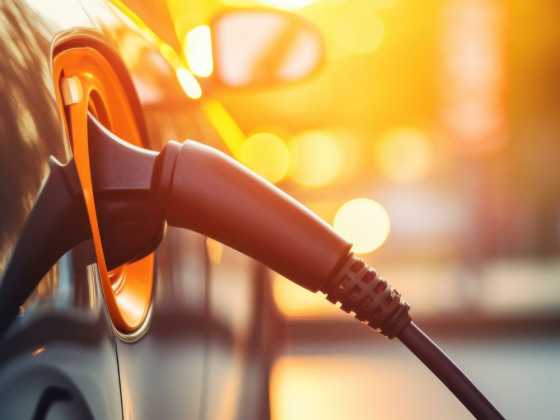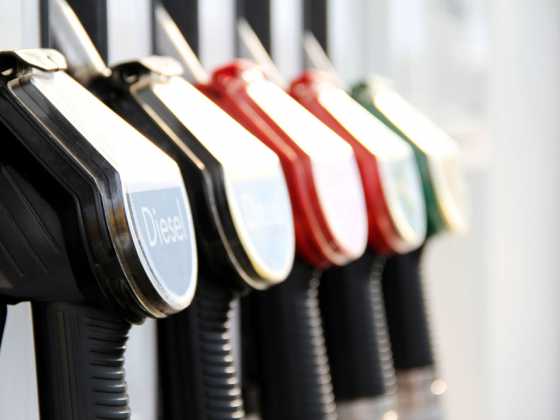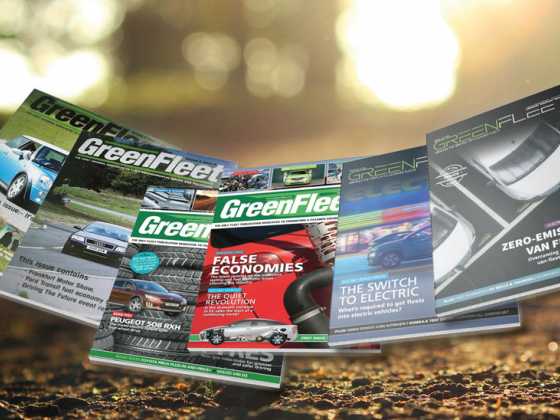Does road transport need to introduce carbon offsetting?

In July 2019, the government launched a call for evidence into carbon offsetting in transport. Rebecca Kite, Environment Policy Manager at FTA explores what carbon offsetting means for the freight transport sector
Earlier this year, the UK became the first major economy to legislate for a net zero greenhouse gas emission target by 2050; this commitment has been set in law through an amendment to the Climate Change Act 2008. From freight transport to food production, all sectors of the UK economy are required deliver more substantial reductions in their emissions. While FTA, the organisation representing the logistics sector, is fully on board with the government’s ambition, it does question whether carbon offsetting – the latest initiative is it exploring – is the most effective approach.
In July 2019, the government launched a call for evidence into carbon offsetting in transport with a view to explore three core areas: It will look at the strategies to improve the consumer understanding of the carbon emissions from their journeys; the role of carbon offsetting in transport; and whether travel providers should be required to offer voluntary carbon offsets to their customers.
In the view of FTA, businesses could provide additional information to consumers about the carbon footprint of their online deliveries to help promote greener delivery slots and encourage consumers to choose the more environmentally friendly option. But overall, the road freight sector already operates highly efficiently. To ensure every drop of fuel counts, truck operators are incentivised to optimise routes, minimise empty running and are experts at consolidating loads. After all, UK road users pay one of the highest fuel tax rates in Europe, meaning companies are already incentivised to operate as efficiency as possible.
Furthermore, businesses within the road transport sector are already utilising a variety of tools and techniques – including telematics, aerodynamics and intelligent route planning – to reduce their carbon emissions and increase their fuel efficiency. The Logistics Emissions Reduction Scheme (LERS), a free-to-join initiative by FTA, is helping the industry to reduce its emissions. And it is working – average emissions from LERS members are close to 13 per cent lower per vehicle km than the industry average.
Decarbonisation across all modes is not going to be an easy task; the International Maritime Organisation (IMO) has developed ambitious targets to reduce greenhouse gas emissions from maritime and work is progressing to help enable road transport to achieve net zero. However, there is one sector that will struggle the most: aviation. This is where we think carbon offsetting will be essential. The Carbon Offsetting and Reduction Scheme for International Aviation (CORSIA) was developed by the International Civil Aviation Organization (ICAO) to address emissions from international air travel. It is important that the UK uses this scheme to ensure consistency across industry instead of developing its own carbon offsetting initiative.
FTA will be responding to the call for evidence and encourages affected operators to do the same.






